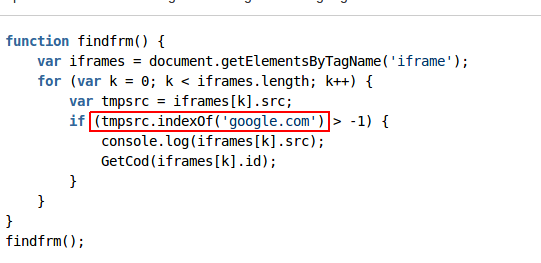Judy Malware is another WannaCry ?
The malware, dubbed “Judy” can by no means be compared with WannaCry even if Judy has a massive scale. Judy is an auto-clicking adware which was found on 40+ apps developed by a Korean based company. The malware uses infected devices to generate large amounts of fraudulent clicks on ads, generating revenues for the perpetrators. The malicious apps reached an astonishing spread between 4.5 million and 18.5 million downloads. Some of the apps resided on Google Play for several years, but all were recently updated. It is unclear how long the malicious code existed inside the apps, hence the actual spread of the malware remains unknown.
Several apps containing the malware, which were developed by other developers on Google Play. The connection between the two campaigns remains unclear, and it is possible that one borrowed code from the other, knowingly or unknowingly. The oldest app of the second campaign was last updated in April 2016, meaning that the malicious code hid for a long time on the Play store undetected. These apps also had a large amount of downloads between 4 and 18 million, meaning the total spread of the malware may have reached between 8.5 and 36.5 million users. Similar to previous malware which infiltrated Google Play, such as FalseGuide and Skinner, Judy relies on the communication with its Command and Control server (C&C) for its operation. Security firm Check Point notified Google about this threat and apps were swiftly removed from the Play store. The below image is of the main app having Judy Malware.


How Judy Malware operates
To bypass Bouncer, Google Play’s protection, hackers create a seemingly benign bridgehead app, meant to establish connection to the victim’s device, and insert it into the app store. Once a user downloads a malicious app, it silently registers receivers which establish a connection with the C&C server. The server replies with the actual malicious payload, which includes JavaScript code, a user-agent string and URLs controlled by hackers. The malware opens the URLs using the user agent that imitates a PC browser in a hidden webpage and receives a redirection to another website. Once the targeted website is launched, the malware uses the JavaScript code to locate and click on banners from the Google ads infrastructure.
Upon clicking the ads, the malware owner receives payment from the website developer, which pays for the clicks and traffic.
The JavaScript locates the targeted ads by searching for iframes which contain ads from Google infrastructure
The fraudulent clicks generate a large revenue for the perpetrators, especially since the malware reached a presumably wide spread.
Who made Judy Malware?
The malicious apps are all developed by a Korean company named Kiniwini, registered on Google Play as ENISTUDIO corp. The company develops mobile apps for both Android and iOS platforms. It is quite unusual to find an actual organization behind mobile malware, as most of them are developed by purely malicious intend. It is important to note that the activity conducted by the malware is not borderline advertising, but definitely an illegitimate use of the users’ mobile devices for generating fraudulent clicks, benefiting the attackers.
In addition to the clicking activity, Judy displays a large amount of advertisements, which in some cases leave users with no option but clicking on the ad itself. Although overlay apps are very common which should be curbed by Google, as they literally force the users to click on the add to get rid of the overlay box.
Are you infected with Judy Malware ?
Below is the list of all 41 Apps which are infected with Judy Malware and you should consider uninstalling them at once


You can see Package Name and detail breakdown of the mentioned apps












[…] things, like taking down internet cables of a country, Using your computer to Mine for Hackers, Releasing largest Android based Malware Attack or showing us the most advanced phishing attack vector. But not all the bad persona on the internet […]